Dhaka, Apr 3 (V7N) – The National Citizens Party (NCP) has accused the Bangladesh Nationalist Party (BNP) central leadership of failing to maintain control at the local level, leading to increasing political chaos and instability in the country. The party voiced its concerns in a statement issued on Wednesday (April 2), citing growing internal conflicts and attacks on political party leaders and activists that are reportedly linked to BNP and its affiliated organizations at the grassroots level.
According to the statement, the NCP has been specifically affected by the lack of central control within BNP, with violent clashes regularly taking place between the party’s local factions. The statement also highlighted the March 30 attack on Azizur Rahman Bachchu Mollah, the father of Mahbub Alam Mahir, the central joint convener of NCP, in Ramganj, Laxmipur. During the incident, a violent confrontation occurred between local Chhatra Dal and Swechchhasebak Dal members, resulting in Mollah suffering a broken hand and serious injuries.
The NCP further mentioned a March 24 attack on Abdul Hannan Masud, the NCP Joint Chief Coordinator, who was assaulted during a road meeting and public relations event in Hatia, Noakhali by local BNP leaders and activists. Additionally, the statement noted that BNP leaders and activists have been threatening NCP workers and organizers in various regions across the country.
While BNP central leadership has condemned such attacks, claiming that the violence is politically motivated and has led to the expulsion of the accused individuals, the NCP argues that these violent activities continue unabated. The party believes that the BNP's central leadership is not taking effective action to prevent the violence and lawlessness within its ranks at the local level.
The NCP has called on BNP to take more decisive action against what it describes as the rise of terrorism, extortion, and land-grabbing activities linked to party affiliates at the local level. The NCP's statement reflects ongoing concerns over the stability of the political climate and the growing influence of violence in local political affairs.
END/MSS/AJ



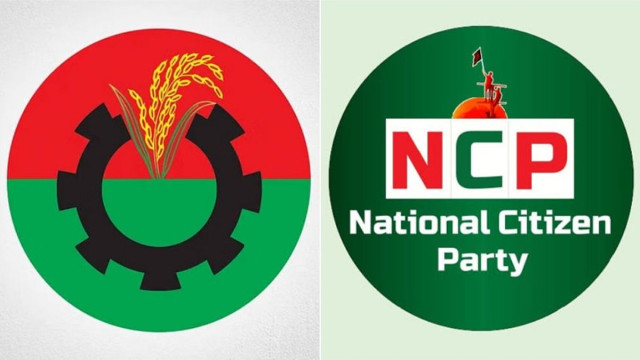


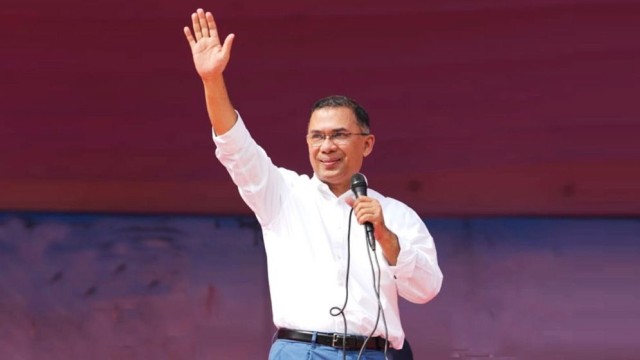
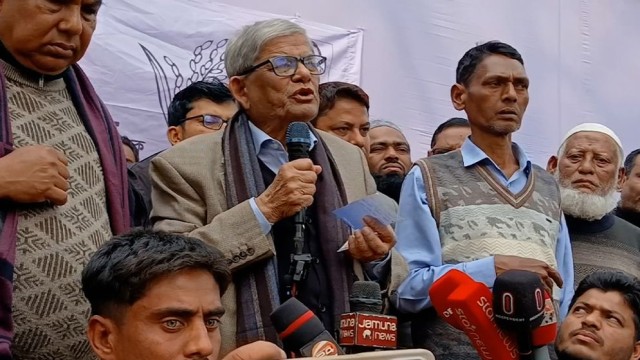

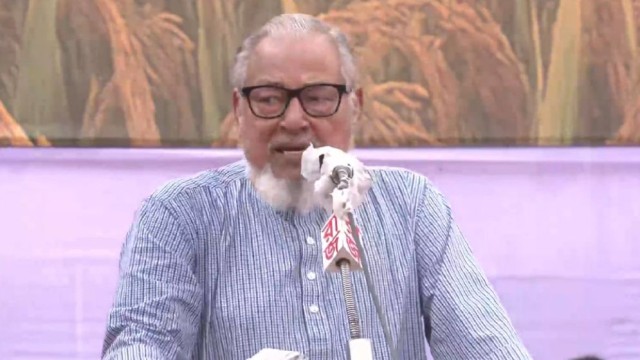
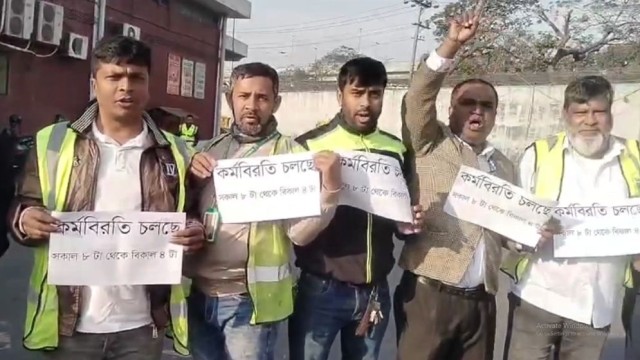
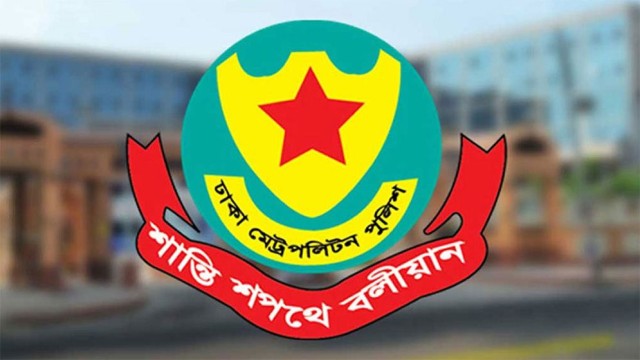
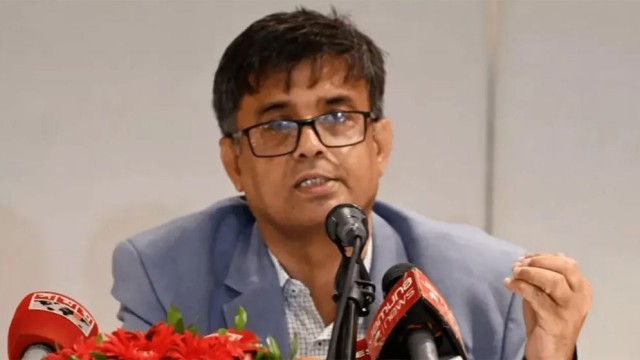


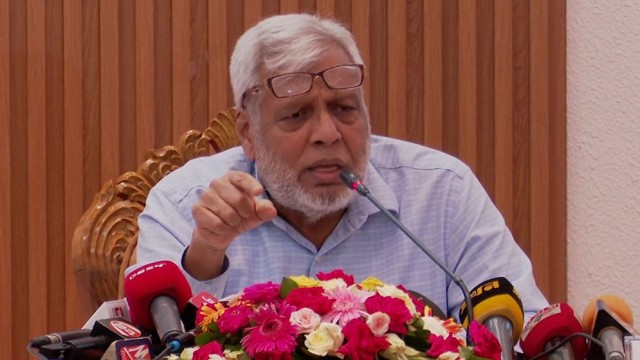
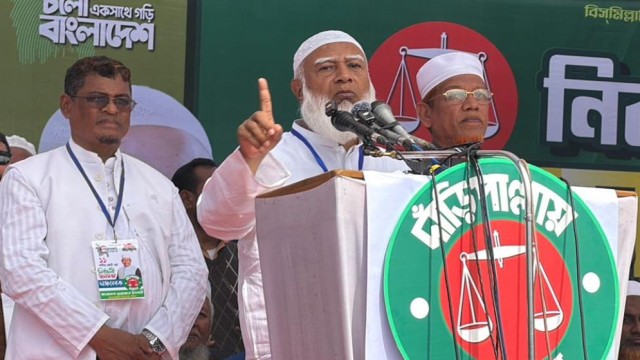







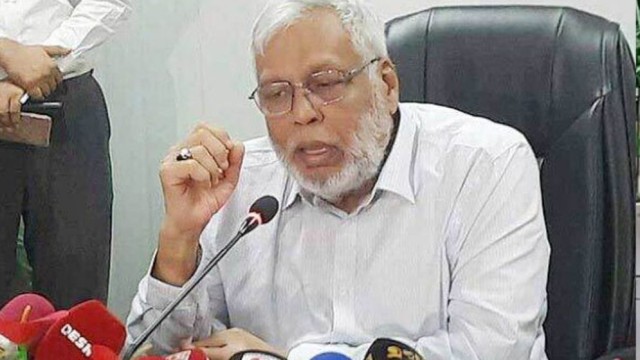


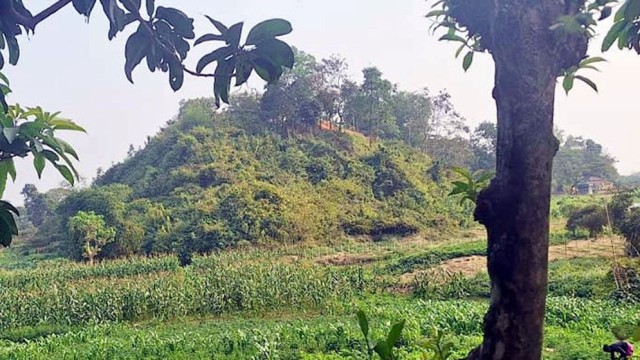



Comment: